
A new post-white paper problem gambling survey stirs up controversy in the UK – we break it down into bite-size pieces! (Image courtesy bigcxlotus on Vecteezy.com)
A news report in the Guardian newspaper suggests that 2.5% of Britons have at some point had problem gambling issues.
We decided to look at the stats reported. We’ve seen so many surveys released and numbers skewed, so the best way to check these reports is to dissect the information ourselves.
According to the Guardian, 2.5% accounts for more than 1.3 million people. This is far from the previous 0.3% reported during the UK white paper Gambling Act 2005 upheaval.
What has changed between the two surveys?
Well, this survey sampled 10,000 people. Letters were sent to various households, inviting two members two members to respond.
The previous version used during the UKGC white paper overhaul was a phone interview, and many said using this method likely underestimates the real issue of problem gambling in the UK.
Although there is no proof, the claim is that people are more likely to disclose problem gambling issues via letter as opposed to telephone. I personally cannot comment on which method works best.
Experts in the gambling industry Betting and Gaming Council (BGC) said they had some concerns about the accuracy of the result. It’s a case of being unable to tell you which one is correct unless I do the survey myself.
Comments from the BSG: “Our members are concerned these findings may be unreliable because there is a significant risk GSGB overstates gambling participation and gambling-related harm.” – directly quoted from the ‘Harm from problem gambling in Great Britain‘ news report in the Guardian.
The Results of the Latest Problem Gambling Survey
Rather than reading the entire Guardian ‘he said’ she said’ article, we’ve taken all the key stats and compiled them into the table below to give you a clear look at the results.
| Statistic | Value |
|---|---|
| Estimated percentage of adults with problem gambling | 2.5% |
| Estimated number of problem gamblers | 1.3 million |
| Previous problem gambling estimate (via phone surveys) | 0.3% |
| Percentage of recent gamblers experiencing severe harm | More than 1 in 40 |
| Percentage of young adults (18-34) experiencing severe impact | More than 1 in 20 |
| Percentage of men experiencing relationship breakdown | 1.9% |
| Percentage of men losing significant financial assets | 1.9% |
| Percentage of men experiencing violence or abuse | 1.6% |
| Percentage of respondents considering suicide | More than 1 in 10 |
| Percentage of those considering suicide related to gambling | 4.9% |
| Methodology of survey | Letter invitation to participate online |
| Organization conducting survey | National Centre for Social Research and University of Glasgow |
| Review and endorsement | London School of Economics professor |
| Problem gambling score threshold | 8 or more on problem gambling severity index |
| Increase in problem gambling severity index for slot machines | More than nine times higher |
| Increase in problem gambling severity index for online slots | Six times higher |
Previous NHS Problem Gambling Survey
Back in May 2023, the results of an NHS survey showed entirely different statistics. The study used a sample of 6,000 people, and the results show the problem gambling rate had fallen from 0.5% in 2018 to 0.4% by 2021.
The results for the survey are quite dated compared to when we originally published the article because these stats take time to become public. However, the information is clear that 2.5% in the latest survey conflicts with the NHS version published on the UKGC.
When this report came out, it also backed up results from the telephone survey conducted by a third party hired by the UKGC. Although, I must point out that this survey was carried for England only and not UK-wide.
Read the full NHS results via the Declining Problem Gambling Rates in England in Casinoplusbonus EN.
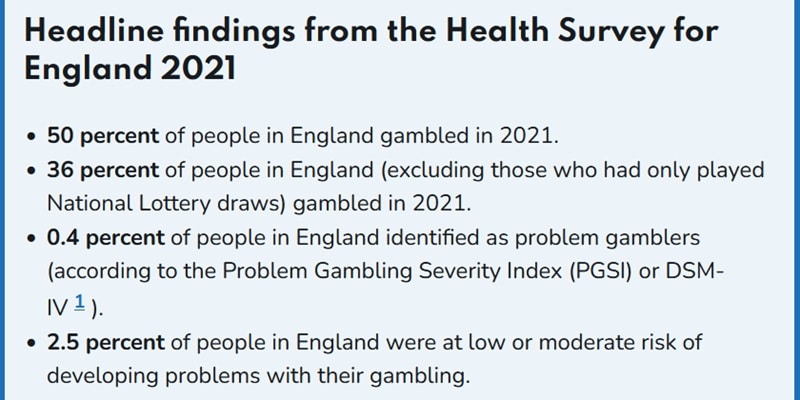
(Image and stats courtesy of the UKGC – Levels of problem gambling in England)
What to make of these results?
Well, there is no secret that the UK has gone to war on gambling addiction, and we know there are people affected by problem gambling. From personal experience, I’ve only ever had one friend I know who suffered the severe consequences of gambling harm, but everyone has different experiences depending on social and cultural variables.
It could be true that the number of people with a problem gambling issue is higher in the UK than we have been led to believe.
Although not UK specific, a recent report I published shows that ‘Entain Proves More Players Engage with Responsible Gambling‘, a sign that responsible gambling tools and AI tech are helping to reduce problem gambling. At the same time, Entain’s report could also be a sign that there are more problem gamblers than we thought.
Weighing up all this information, I would say the results from the two conflicting surveys are somewhere in the middle of 0.3% and 2.5%, and if that is the case, then we could call it 1.4%, which is still 1.1% above the UKGC and NHS official figures from their surveys. This would bring the number of people in the Guardian newspaper report down from 1.3 million to 910,000.
Either way, the risk of problem gambling is genuine, no matter how many surveys are carried out and the method used. All we can say is to gamble responsibly and treat it as a hobby, not a way to make money, so just be careful.
Need help for gambling addiction? If you need help for problem gambling issues, then please read our ‘Help For Gambling Addiction‘ guide, which points in the right direction of where to get help.



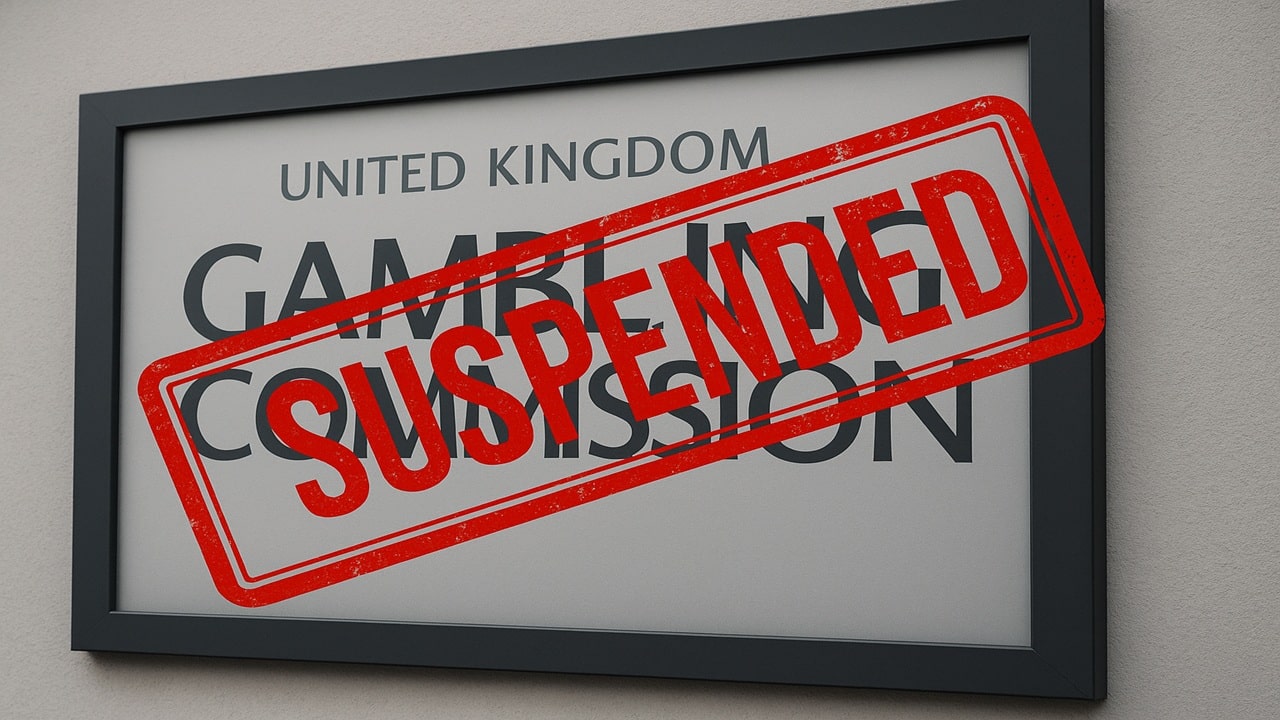
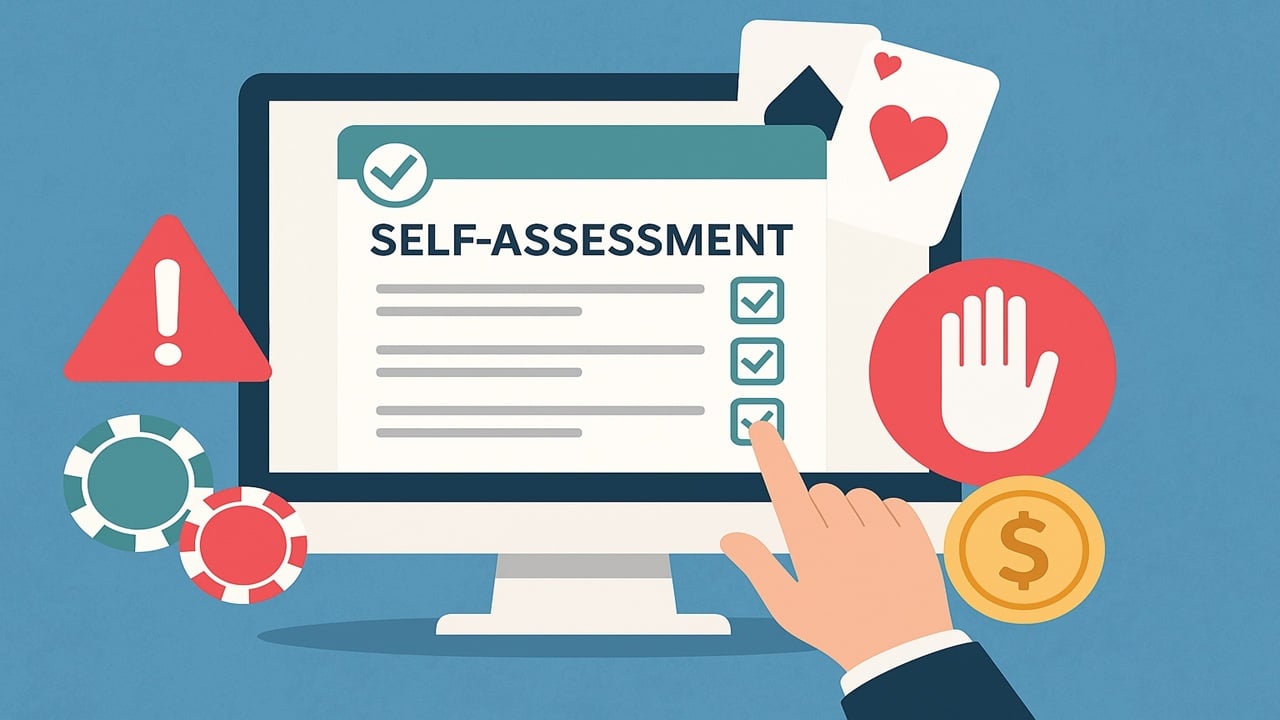

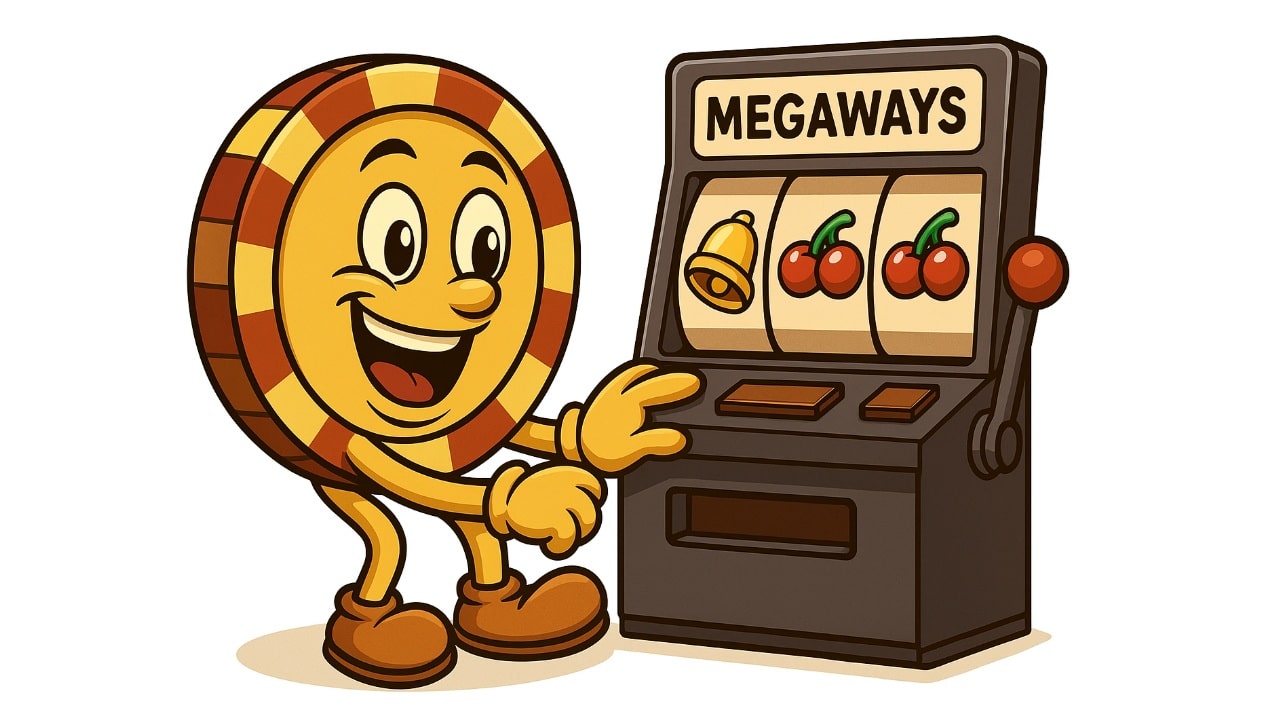


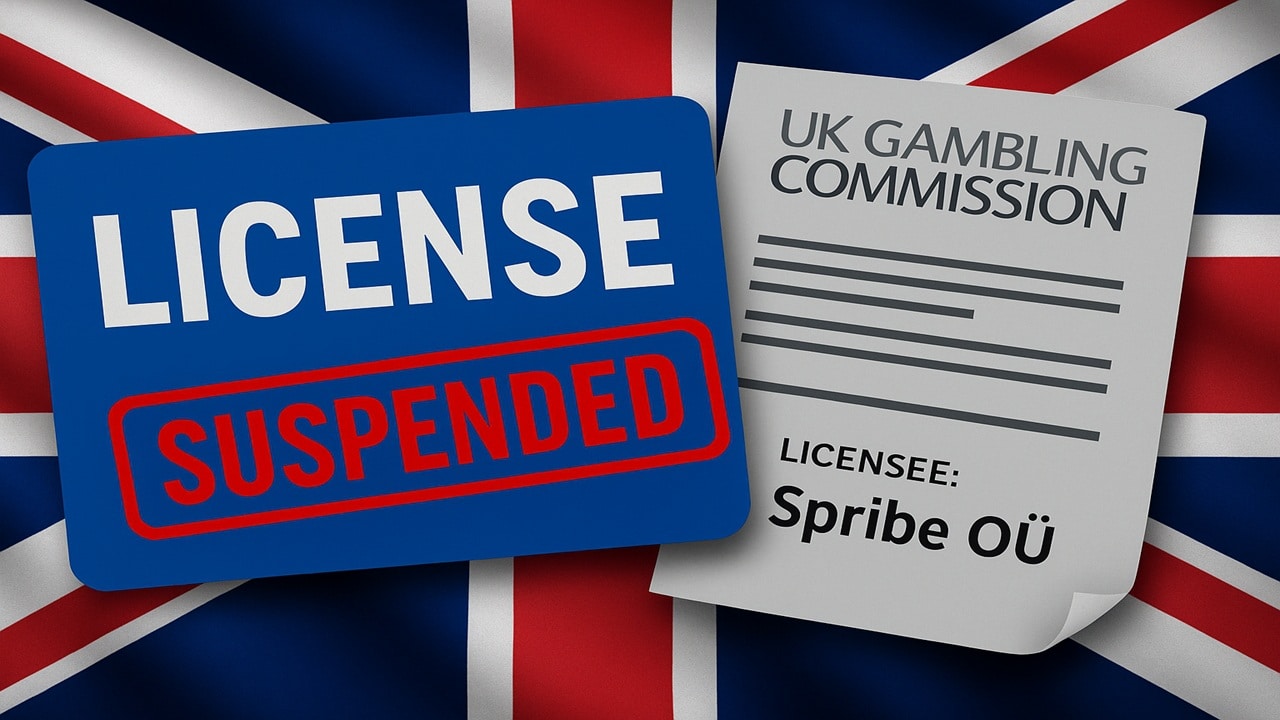



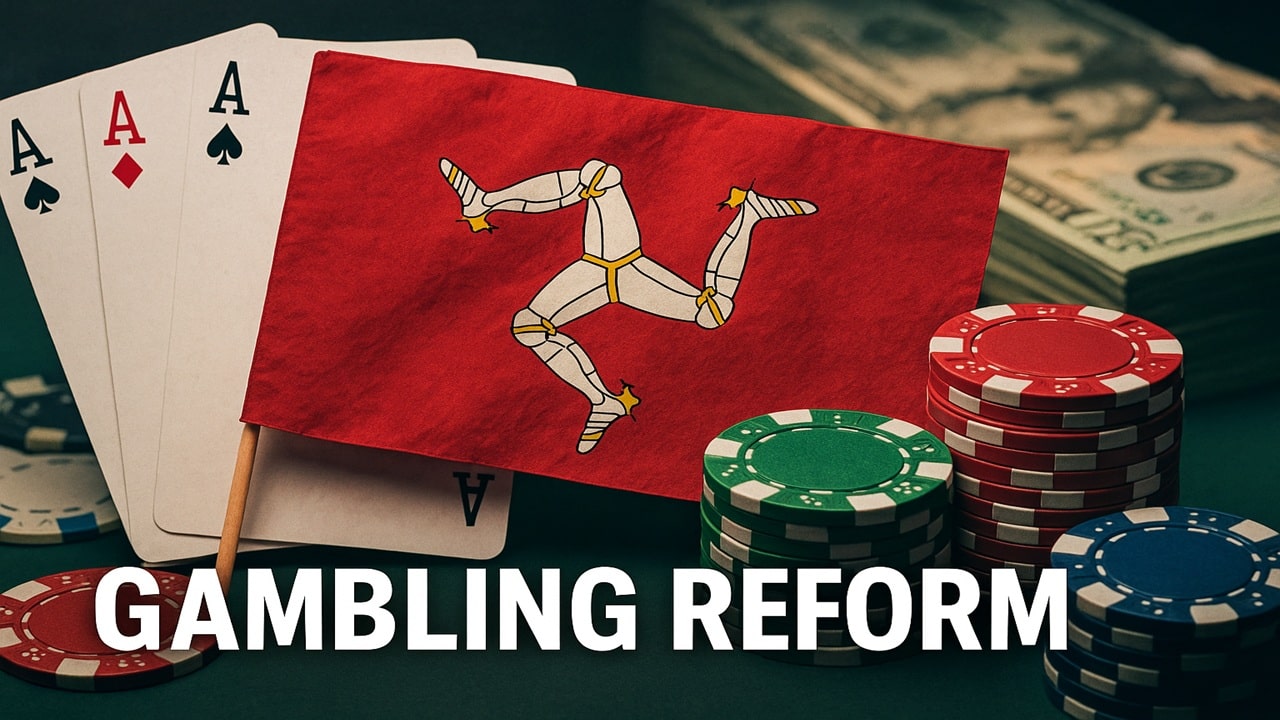
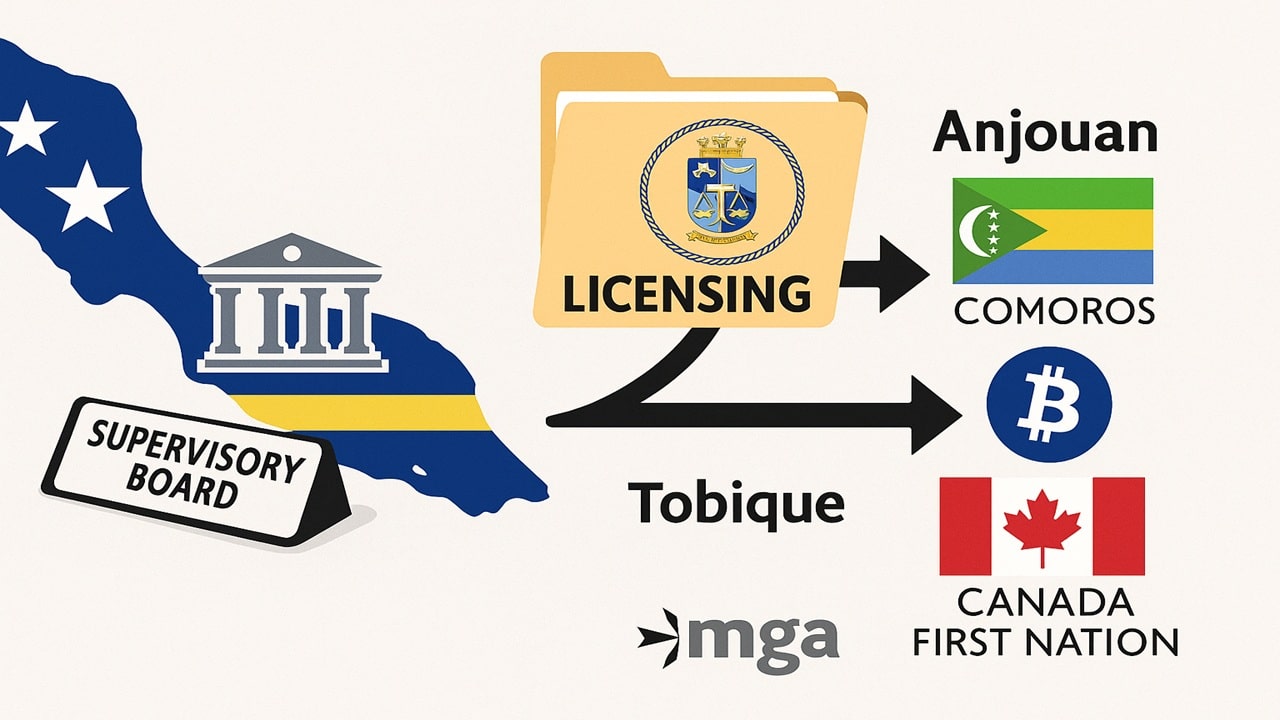
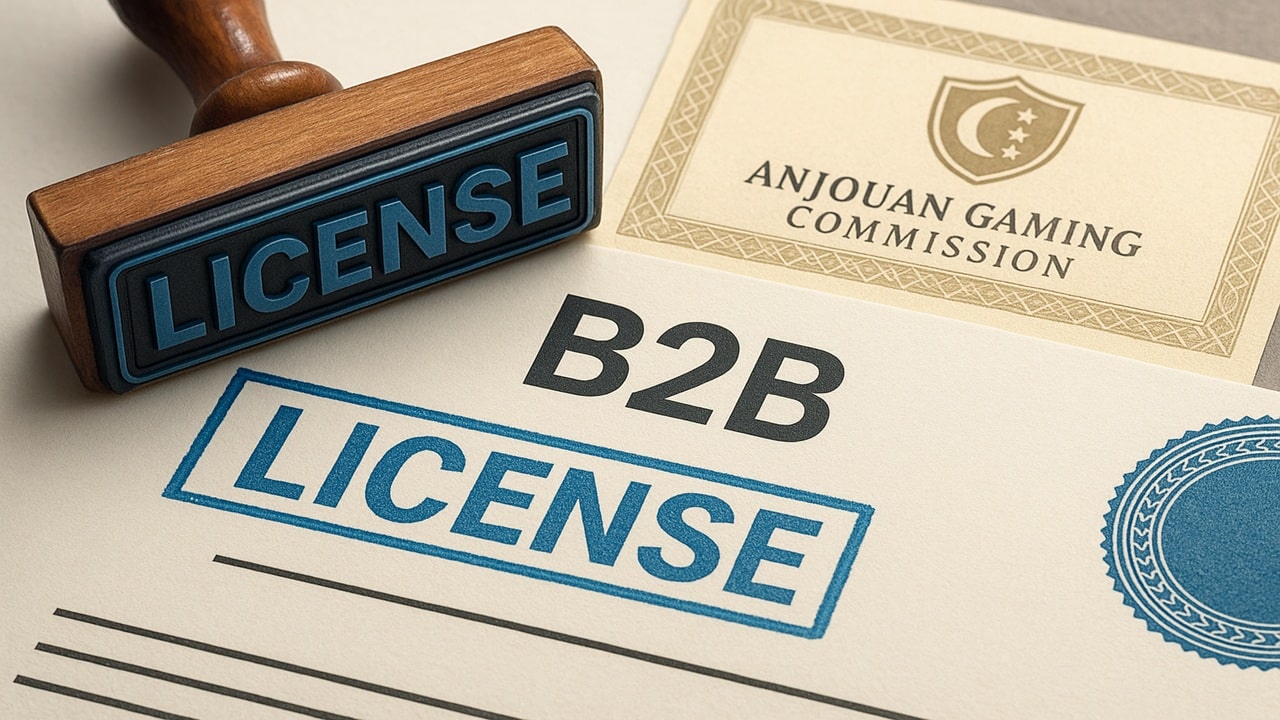

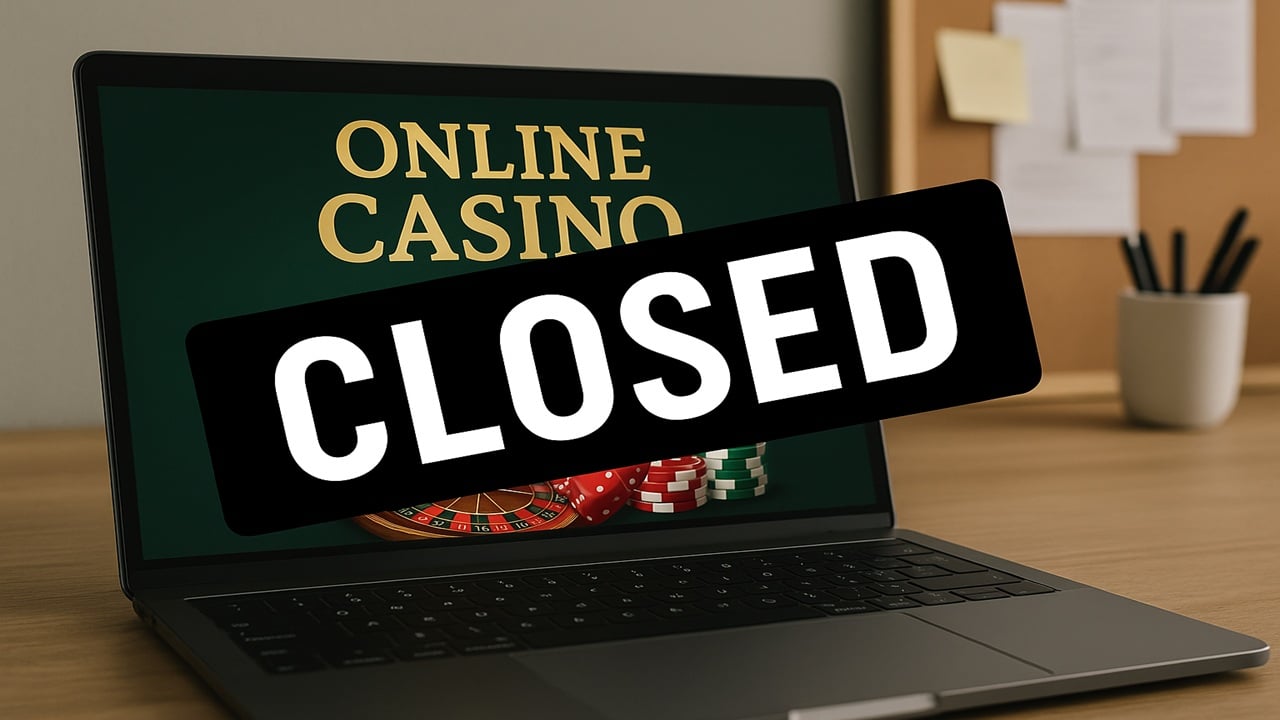



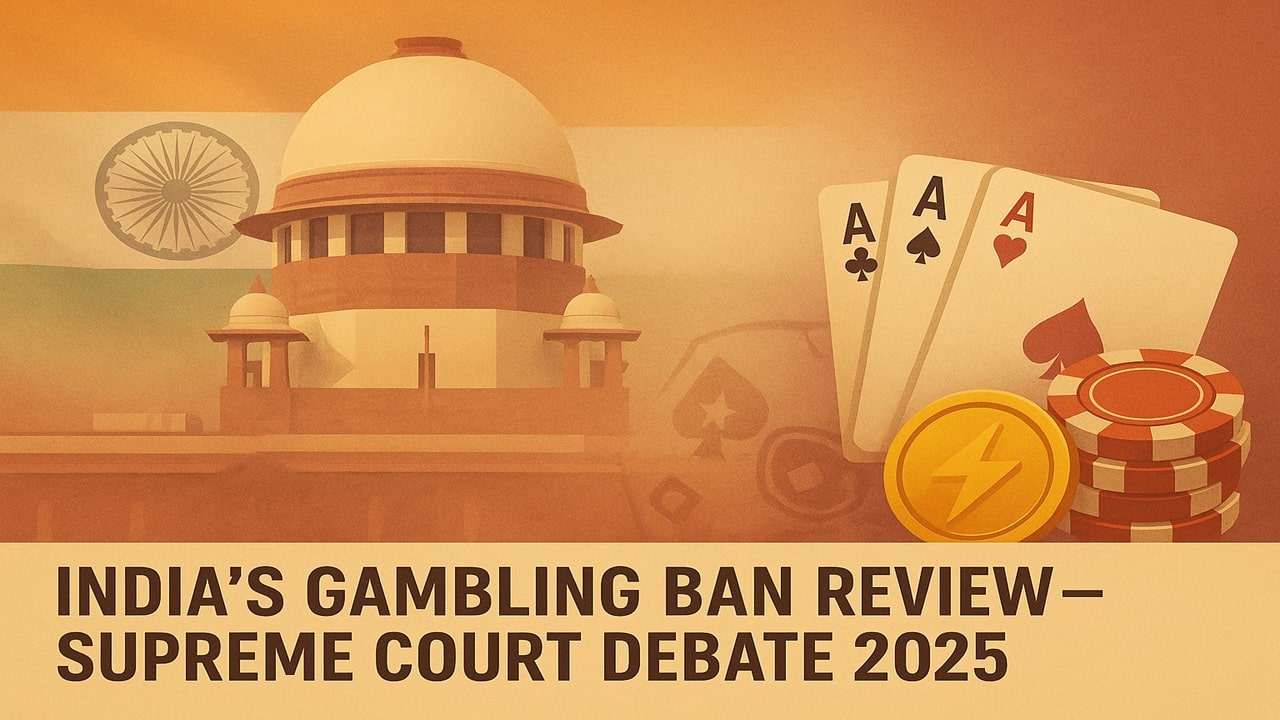

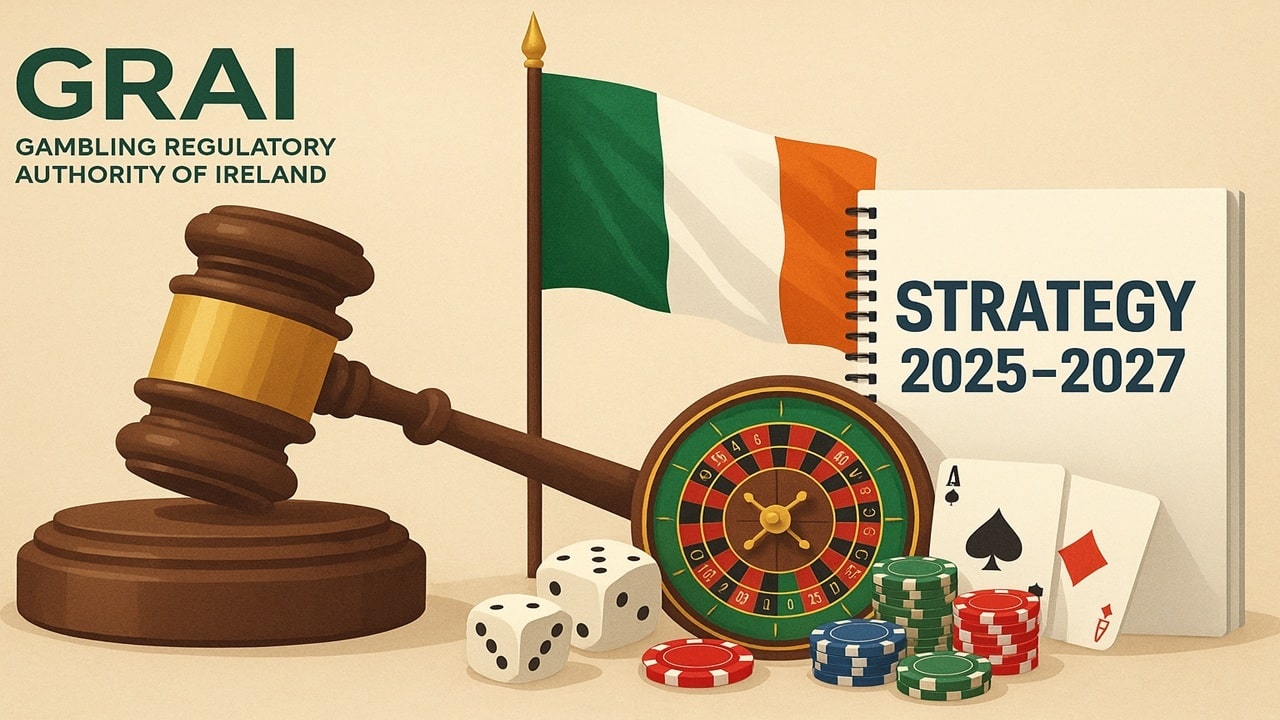

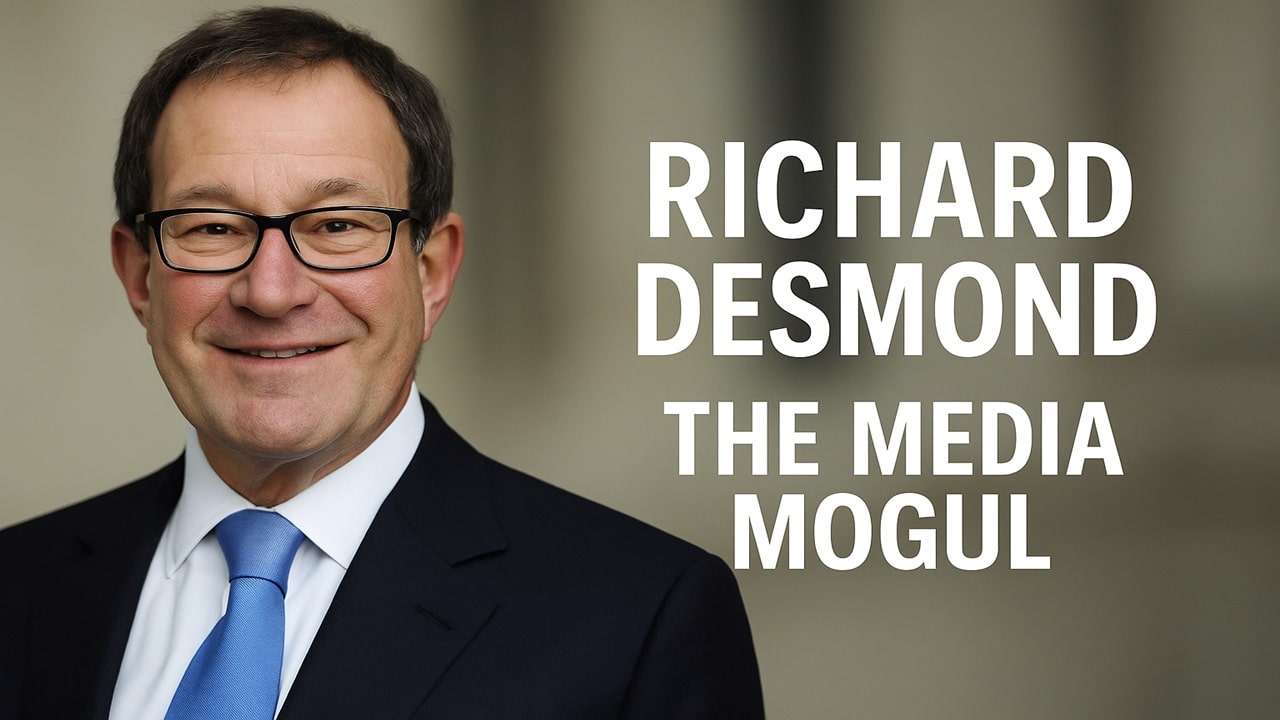




Leave A Comment